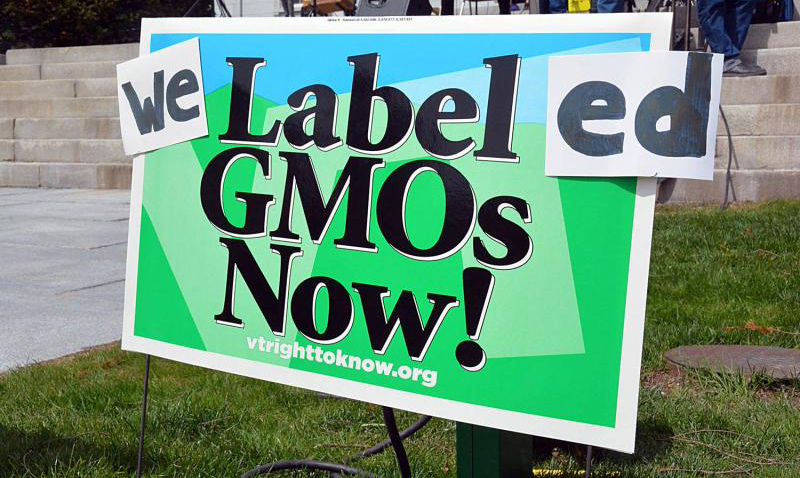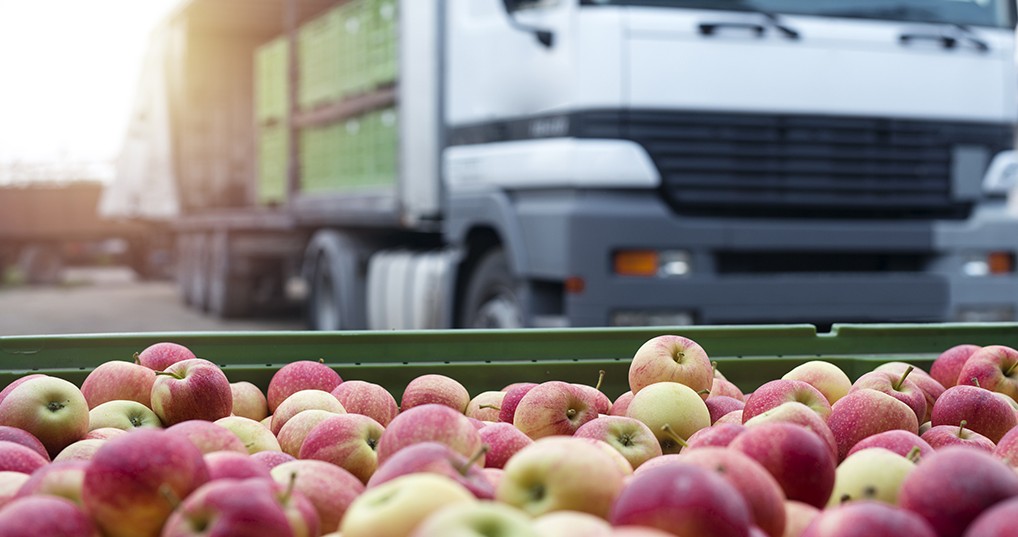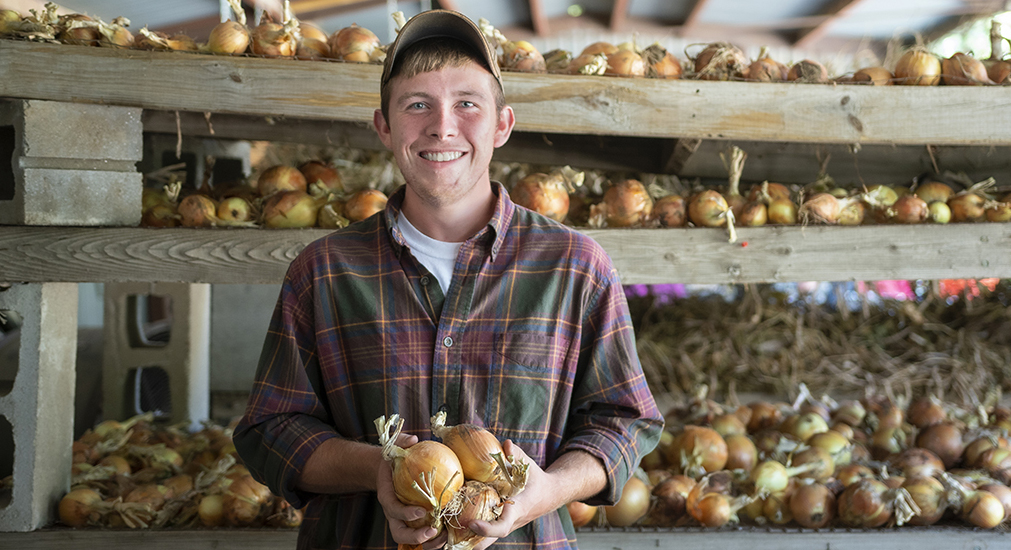
By Hailey Grohman
Professor Rachel Ankeny is an associate dean of research and deputy dean in the faculty of arts at the University of Adelaide, Australia, where she leads the Food Values Research Group.
Rachel will be a keynote speaker at the 2016 UVM Food Systems Summit on June 14-15. The UVM Food Feed blog talked to Rachel about her interdisciplinary research, GMOs, and the nature of good food.
You’ve done research on consumer attitudes toward genetically modified organisms. As a scholar of ethics, could you talk about how ethical and moral concerns are factored into consumer decision making regarding GM foods? How does scientific data factor into the formation of these attitudes?
Our research has been based in Australia which allows GM crops and foods under certain conditions, but which to date has not had a huge number of GM food products on the shelves. This makes for an excellent site for explorations of consumer attitudes toward GM because policy is still evolving and in some sense the genie is not out of the bottle, as arguably it is already in the U.S. We find that many consumers are most concerned about why GM is being used and who will benefit—to make profit for big corporations or retailers, versus improving nutrition or lessening environmental impacts. They are less concerned about the technical and scientific details of how GM works, and in fact often collapse concerns about additives or pesticides/herbicides [when] discussing the need for better and more transparent labeling.
Of course, some consumers simply reject all uses of GM, particularly in the food supply, because of fears about the unknown risks, or because it is what they consider to be unnatural. But people have very different understandings of what counts as a risk, and what is natural, which makes this domain ripe for exploration, with all of its complexities and even contradictions.




